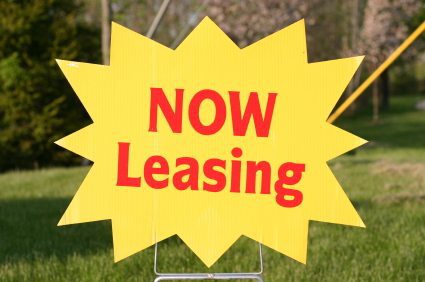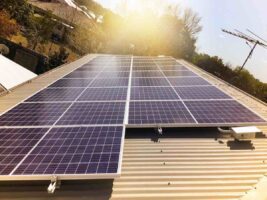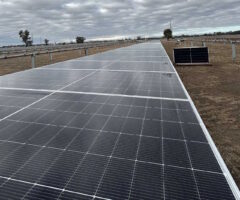Ingenero has fired the first shot in what promises to be an intense marketing battle among Australia’s solar retailers, claiming to have completed the first installations with the new leasing model that is expected to sweep the industry in coming months.
Ingenero said it had signed up a household from Black Mountain in Queensland, and a small business in Wagga Wagga in NSW, to solar leases, which it expects to become the dominant form of financing for Australia solar installations, as it has done in California and other parts of the US.
Solar leasing offers zero upfront costs to households and small businesses who install solar PV panels on their rooftops, and promises savings from the first year.
Nickel Energy, based in northern NSW, earlier this month signed a deal with US firm Sungevity to roll out a solar leasing product in Australia, and Sungevity’s Australian co-founder Danny Kennedy has been in Australia this past week seeking to arrange finance for the product.
SunRun, which raised $60 million in the US last week to boost its solar leasing business, and another US company SolarCity, are also rumoured to be canvassing opportunities in Australia. And as we pointed out in April, just about every solar installer of note is considering such a model.
High net worth individuals and private equity are considered the most likely sources of early funding, with institutions and finance houses following on once the model and its metrics have been established.
Ingenero CEO Steve McCrae says his company already has its product in place, and although he won’t say what sort of investors are behind it, or how much they have invested, he said he expects his Energy Access product to have “tens or hundreds of millions” invested in it over the next 3-5 years.
“Ingenero was the first in Australia to introduce commercial solar power purchase agreements and has now gone one step further by developing a model to access solar power that is affordable and low risk for both homeowners and the small to medium business market,” McRae said in a statement.
He told RenewEconomy from China that solar leasing was now possible because the cost of modules had fallen and the price of electricity had risen, and because of the availability of finance. All this had combined to create a price point that was beneficial to installers, investors, and home owners.
“You can make it work from the financial point of view from financiers, customers and investors without the need for feed-in tariffs,” he said.
“I don’t think there are any road blocks for it not to happen. It will take time for market place to understand what a leased product is and what the benefits are. Most people want to be green, they want to buffer themselves from electricity price hikes, and they will continue to do so for next 10 years at least.”
McCrae said the leasing model involved pre-determined monthly repayments which delivered cash benefits – compared to current electricity bills – from the first year. Ingenero looked after the maintenance, insurance and replacement, and will pay compensation if the system’s output does not meet a stated capacity. The householder gets an in-house monitoring device and cheaper bills.
McCrae says the lease allows customers to be less dependent on the energy grid, and build in affordability with minimal risk. But he doesn’t necessarily agree that the “zero down” product will open up a new demographic, as some suggest.
“It hasn’t only been the domain of the rich – if you look where installations have occurred and you look at the demographics – there has been a huge percentage of lower-income (customers) and retirees. But it does open up range of people who will consider solar.”







